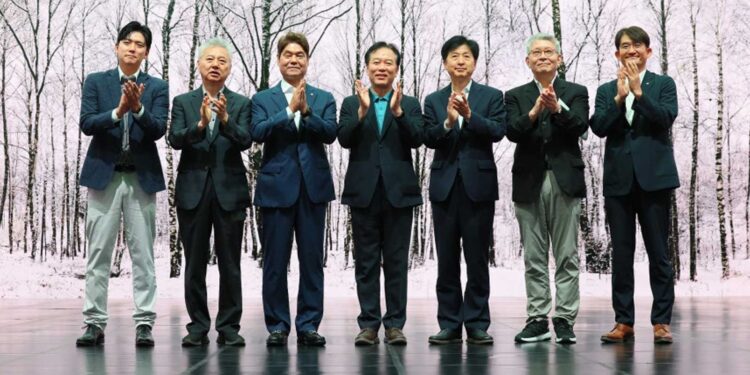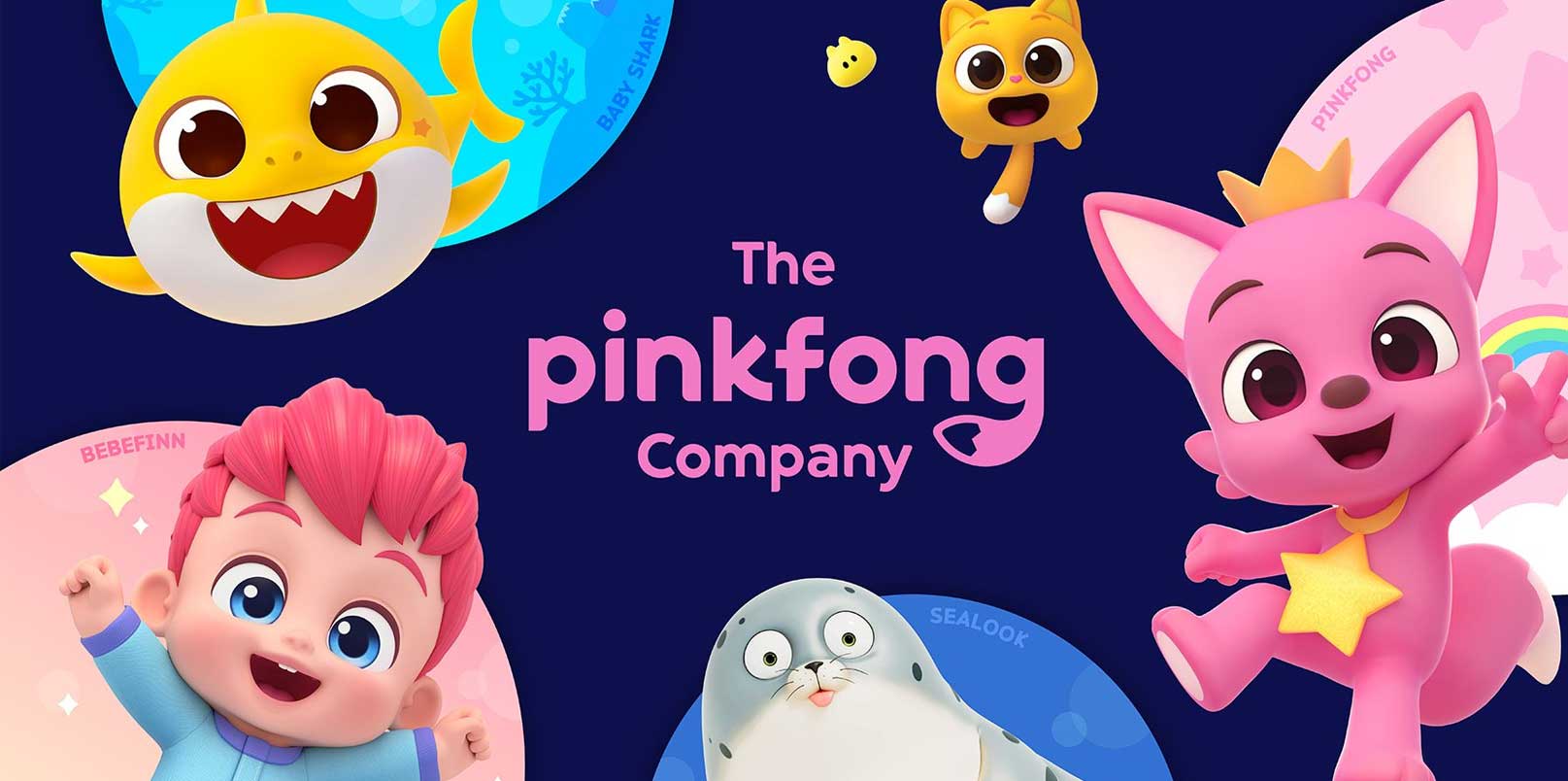K-content is at a critical inflection point. As global platforms tighten control over IP and funding, Korea’s creative industry faces mounting structural challenges that could undermine its soft power leadership. In a recent policy roundtable, South Korean media powerhouse CJ ENM formally proposed that K-content be designated as a national strategic industry. The recommendation was delivered to the Presidential Policy Planning Committee during a July 30 roundtable at CJ ENM’s Paju studio, marking the administration’s first official policy visit to a content industry site under President Lee Jae Myung’s tenure.
At a Crossroads: CJ ENM Outlines K-Content Challenges and Policy Needs
According to media reports, the domestic content sector is facing stagnation in production volume and rising dependency on global OTT platforms, which are increasingly centralizing content funding and IP ownership.
CJ ENM emphasized that without public policy intervention, Korean IP may lose sovereignty and negotiating power in the international market. The company argued that K-content has outgrown its entertainment label and now functions as a critical soft power asset, warranting strategic national support akin to that given to semiconductors and core technologies.
CJ ENM’s Key Proposals: From IP Protection to AI Content Policy
Therefore, CJ ENM proposes four key formal policy recommendations from K-content IP protection and AI-based content development:
- Designation of K-content as a national strategic industry, eligible for systemic financial and institutional support.
- Expanded fiscal and regulatory support to stabilize Korea’s content production pipelines.
- Institutional backing for Korean OTT platforms, to compete globally against major U.S.-based streaming services.
- A policy framework for AI-powered content, addressing areas such as VFX, scriptwriting, and automated localization tools.
The company also stressed the need for a legal and ethical framework to govern AI-generated content without compromising creative rights or output quality.
Korean Government Responds: Policy Integration Under Review
Economic Planning Subcommittee Chair Jeong Tae Ho, speaking on behalf of the Presidential Policy Planning Committee, acknowledged CJ ENM’s role as a pioneer in Korea’s cultural export success.
He stated that the visit aimed to identify actionable policy goals to support President Lee Jae Myung’s “K-Culture 300 Trillion KRW Market” and “50 Trillion KRW Cultural Export” national pledge by 2030.
Jeong further affirmed that proposals such as integrating AI with K-content and boosting export-oriented production capacity would be reviewed for incorporation into future national policy initiatives.
“Our visit to CJ ENM was to identify practical steps toward achieving the KRW 300 trillion K-culture market and KRW 50 trillion export targets.
We will integrate CJ ENM’s proposals into national policy tasks to help Korean content lead global cultural innovation through AI.”
Jung Tae Ho, Head of Economic Subcommittee 1 of the National Policy Planning Commission.
CJ ENM Calls for Structural Reform in Korea’s Cultural Economy
During the roundtable, CJ ENM’s Chief Operating Officer Heo Min Hoe emphasized that the cultural content industry is now facing structural crises that corporate efforts alone cannot resolve.
He urged the government to treat the sector not as a soft industry but as an economic pillar that requires the same degree of policy precision, institutional protection, and R&D investment as Korea’s strategic industries.
“Korea’s video content industry is currently facing a structural crisis that cannot be overcome by corporate efforts alone.
Like semiconductors, the cultural industry must be designated a national strategic sector and supported through legal and institutional measures.”
Heo Min Hoe, CJ’s Head of Corporate Support.
CJ ENM CEO Yoon Sang Hyun also highlighted the company’s three-decade legacy in globalizing K-content and stressed that bold, content-first government support will be essential to sustain Korea’s leadership in the global cultural market.
“For the past 30 years, CJ has led the industrialization and globalization of the Korean content market.
To firmly establish K-culture as a global lifestyle, bold and content-centered government support is urgently needed.”
Yoon Sang Hyun, CEO of CJ ENM.
Implications for Korea’s Startup and Media Tech Ecosystem
While CJ ENM is a major player, the broader implications of its proposal extend to content startups, OTT providers, AI tool developers, and localization tech firms across Korea’s digital media ecosystem.
If the government adopts even a fraction of the proposal, it could lead to:
- Increased grant and R&D access for media tech startups.
- Stronger export pipelines for smaller production houses.
- National-level support for building Korean generative AI in creative content.
The proposal also reflects a larger trend in Asia’s startup ecosystems: the institutional elevation of creative IP and content technology to core strategic assets, treated on par with frontier technologies in AI and chips.
Stay informed on Korea’s fast-moving startup and tech scene—follow KoreaTechDesk on social media: LinkedIn, X (Twitter), Bluesky, and Facebook for insights, funding news, and industry updates.










